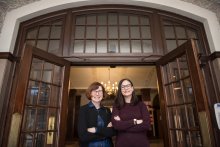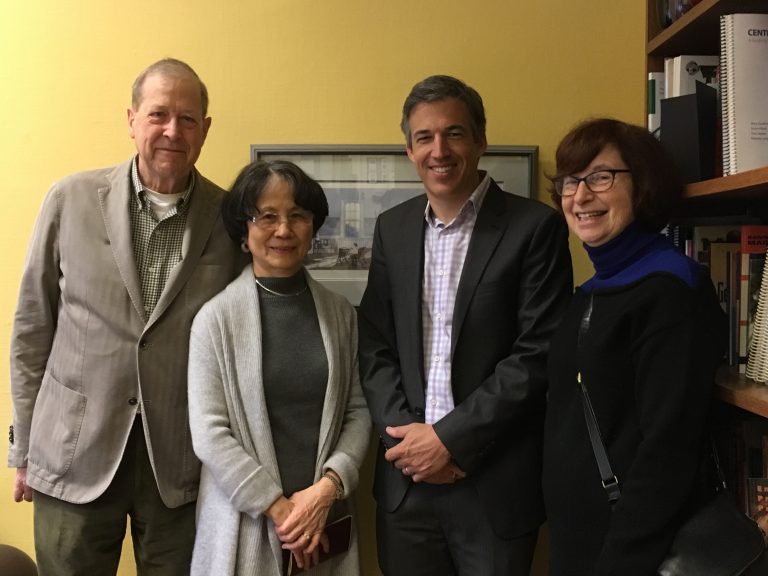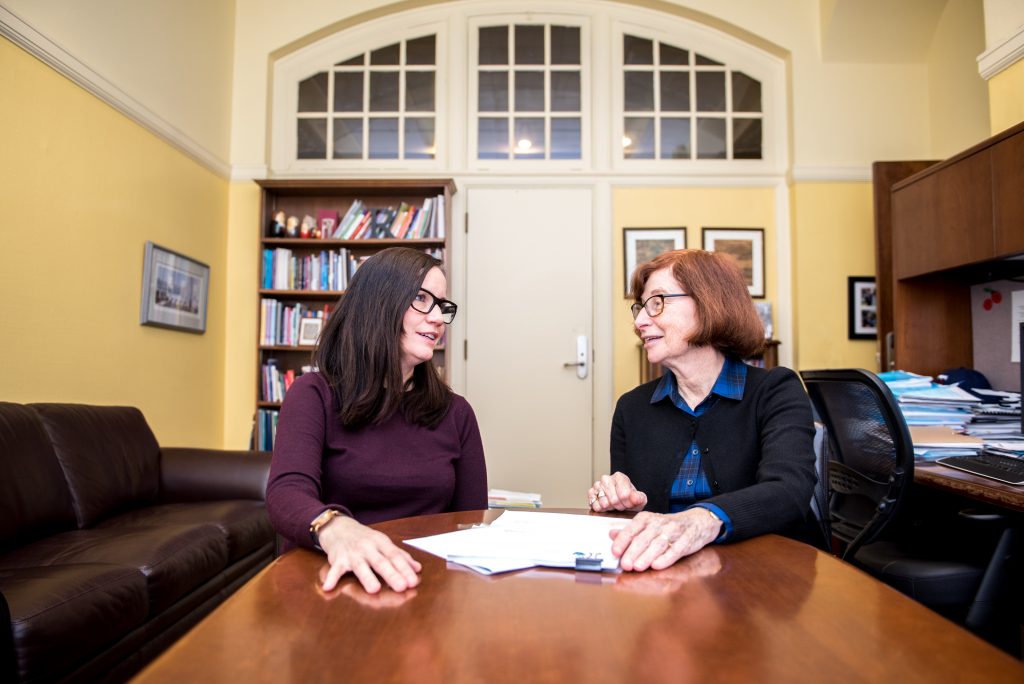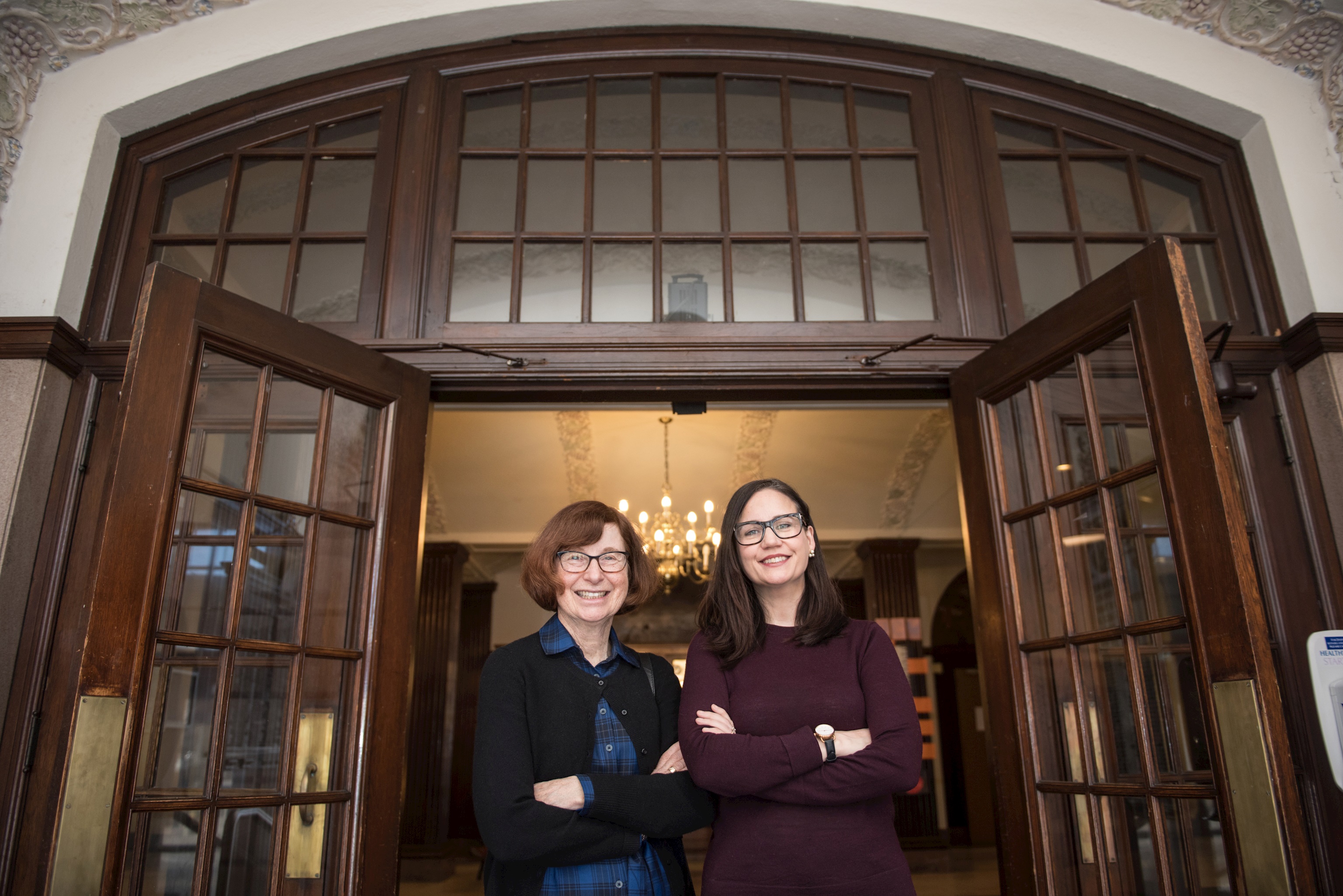371 Bloor Street West
Toronto, ON M5S 2R7 get directions
Toronto, ON M5S 2R7 get directions


There is a story that goes like this:
Sometime around 200 BC, the Greek mathematician Archimedes was called on to solve a high-level problem. Having already offered π and numerous other astonishing insights, he was a suitable choice. King Hiero suspected that a quantity of the gold he had supplied to manufacture a crown had been replaced with silver, though the crown came in at the correct weight. He asked Archimedes, “Can you discover whether this crown is of pure gold?”
While visiting the Greek baths, Archimedes shouted “Eureka!” as the solution became clear. Noticing the way in which his body displaced water, he realized he could accurately measure an object’s volume. As silver weighs less than gold, more must be added to make up the correct weight, and therefore an impure crown must be greater in volume. Archimedes submerged a chunk of gold of the exact weight the king had provided the goldsmith and compared it to the crown. Lo and behold, the crown displaced more water and therefore was impure.

Richard Ingram ’61 with his wife Satoko Shibata, Vice-Principal Garth Chalmers and Principal Rosemary Evans.
The story may not be true. But it stands in our minds as a pure “eureka” moment: the application of knowledge and experience in order to see or invent something new. The newness doesn’t come out of nowhere. It is the outcome of previous study and diligence mixed with illuminating insight when presented with a problem to solve.
This search for deeper understanding and, as a result, greater utility describes the spirit of the Eureka! Research Institute @ UTS. Launched in the fall of 2017 at UTS, Eureka! is an interdisciplinary research centre developed to cultivate and enrich the learning community of both UTS and the University of Toronto. As one of a very small number of school-based research institutes in Canada, Eureka! offers an innovative model for 21st-century education. It provides institutional support for research-informed and evidence-based teaching, learning, and assessment practices. It also facilitates interdisciplinary inquiry and codesigned research. And it develops meaningful and reciprocal school-university partnerships.
Founded by UTS alumnus Richard Ingram ’61, the Eureka! initiative was formed in the early 2000s with the provision of Eureka! Fellowships for teachers. A fellowship freed up half a teacher’s time to pursue a research project in their field. “There was an enthusiastic response to the idea,” explains Richard. “Faculty members were keen to merge their teaching with more time for research to expand their knowledge and improve their practice. Given my experience at UTS, it didn’t surprise me that the teachers embraced the opportunity.”
When Rosemary Evans arrived as Principal, the school focused in on its principle objectives. While UTS has always provided a superior education based on merit and served as a resource and facility for teacher education, Principal Evans felt it was the right time to re-invigorate the school’s engagement with research and innovation.
“The idea of Eureka! predated my arrival,” says Rosemary. “But Richard’s long-standing passion for teacher-driven research was a catalyst for UTS to reconnect with its roots as a lab school and expand its identity from engaging in research projects to adopting a research stance. The Institute is in its early days, and we need its development to be both meaningful and sustainable in order to best serve UTS and be a model others can learn from and use. That’s why we have Angela Vemic on board as its Director. Between Richard and Angela, you couldn’t have more enthusiastic stewards.”
Dr. Angela Vemic is Assistant Professor and Research Coordinator of the Master of Teaching Program at OISE/University of Toronto. Her two primary areas of research are global citizenship education and the role of research in teacher education and development. Angela has already begun consulting and working with a range of UTS community members along with institutional research partners from faculties across the University of Toronto.
“A central underlying premise of the Institute is that the production of knowledge is dialogical and collaborative,” explains Angela. “Knowledge and innovation materialize from meaningful interdisciplinary engagement and inquiry across a range of stakeholders and communities. The Institute is part of UTS’ vision to create a research culture with areas of inquiry co-designed by teachers, U of T faculty, and other experts. It’s an intentional space to drive innovation in research.
“Knowledge and innovation materialize from meaningful interdisciplinary engagement and inquiry across a range of stakeholders and communities.”
“We’re currently in phase one,” continues Angela. “That involves bringing greater meaning and support to initiatives and partnerships already in development. But we are working toward what a fully-realized research school looks like. What will the co-design process entail? How will partnerships between teachers and researchers develop further? Where will additional funding come from? All of these questions can’t be answered in the first year. But what we do know is that lifelong learning, research-informed practice, interdisciplinary knowledge, and collaborative
investigation need to be lived and grappled with, not just talked about and put on posters.”

Angela Vemic (L) and Rosemary Evans discuss Eureka!
Some of the research initiatives already underway are exploring issues such as equity and inclusion, gender stereotypes and sexual violence, teaching with technology and inquiry, and making ethical decisions related to teaching social justice. In addition, current teaching initiatives focus on various areas, including innovative curriculum design within the Master of Teaching program, global development challenges, problem-solving strategies, and open-ended neuroscience experiments using model invertebrates. In addition, the Youth Participatory Action Research program (yPAR) teaches young people how to conduct systematic research. Involving more UTS students in research projects is a priority for the Eureka! Institute.
The various partnerships with university professors, research institutes, and community organizations have received funding from foundations, endowments, universities, and agencies such as the Social Sciences and Humanities Research Council of Canada (SSHRC).
With Eureka! now fully established, many more research partnerships—as well as innovations in site-based teacher education—can be more fully supported and woven into the fabric of the school.
This accords well with Richard’s vision, which sprung from his transformative experience at UTS. “I can say without an ounce of doubt that UTS set me on my life’s path,” explains Richard. “I followed my brother David Ingram ’58 after being at the top of my class in my public school. At UTS, I was about middle of the pack. But the superior education and, in particular, having to study so many languages turned me into a world traveller. That has been a defining feature of my life.” When Richard later applied to Harvard Business School, he was rejected. The school
asked him to get back in touch after gaining some valuable work experience. He drew on his UTS education to do that.
“I packed up my French, Latin and Spanish and headed to Venezuela to teach English. After that, I landed a position at CUSO International in Ottawa and was put in charge of its South American program. Long story short, I was accepted into Harvard Business School, travelled the world, met my wife Satoko in Japan, and built a business. It all comes back to UTS, the teachers, and those languages for me.”
“There was an enthusiastic response to the idea. Faculty members were keen to merge their teaching with more time for research to expand their knowledge and improve their practice.”
Richard’s appreciation for the work that teachers do “on the ground” led him to the idea of the Eureka! Research Institute @ UTS. Teachers partnering with researchers to create credible studies and outcomes was perfectly in sync with the school’s mandate and mission. Richard has committed to fund the Institute for five years, during which time other funding sources will need to be developed to carry Eureka! further into the future.
In a sense, Richard is passing forward his own “Eureka!” experience at UTS. Now, more teachers, researchers, and students will have the opportunity to experience their own “I’ve found it!” moments.
by Karen Sumner
This article was originally published in The Root (Spring 2018).
